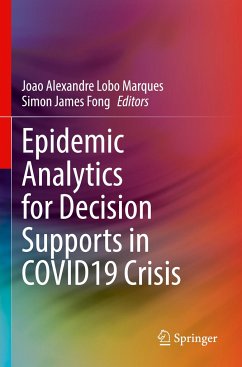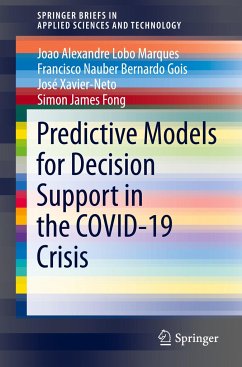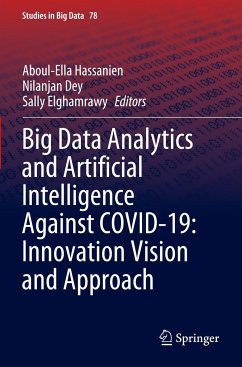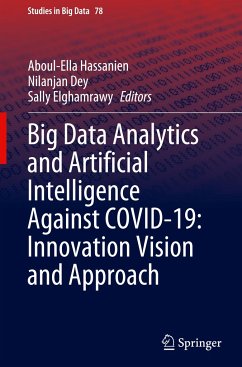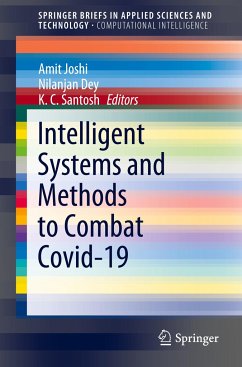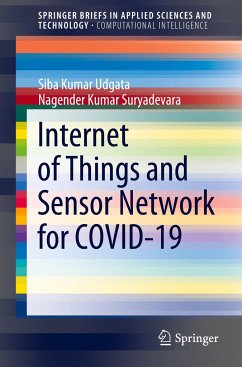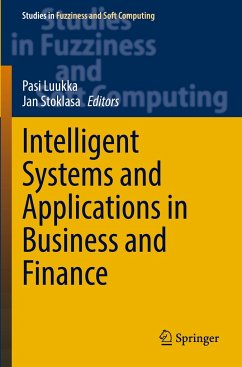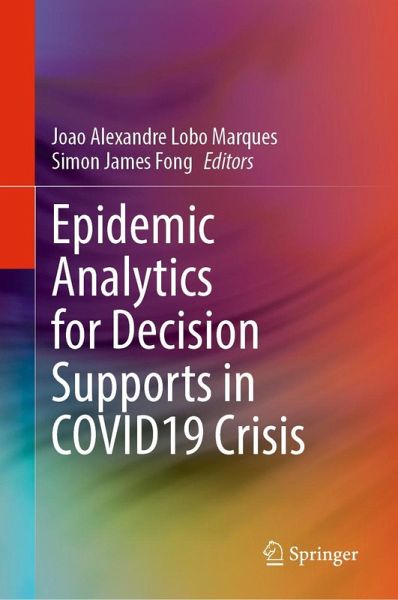
Epidemic Analytics for Decision Supports in COVID19 Crisis

PAYBACK Punkte
56 °P sammeln!
Covid-19 has hit the world unprepared, as the deadliest pandemic of the century. Governments and authorities, as leaders and decision makers fighting against the virus, enormously tap on the power of AI and its data analytics models for urgent decision supports at the greatest efforts, ever seen from human history. This book showcases a collection of important data analytics models that were used during the epidemic, and discusses and compares their efficacy and limitations.Readers who from both healthcare industries and academia can gain unique insights on how data analytics models were desig...
Covid-19 has hit the world unprepared, as the deadliest pandemic of the century. Governments and authorities, as leaders and decision makers fighting against the virus, enormously tap on the power of AI and its data analytics models for urgent decision supports at the greatest efforts, ever seen from human history. This book showcases a collection of important data analytics models that were used during the epidemic, and discusses and compares their efficacy and limitations.
Readers who from both healthcare industries and academia can gain unique insights on how data analytics models were designed and applied on epidemic data. Taking Covid-19 as a case study, readers especially those who are working in similar fields, would be better prepared in case a new wave of virus epidemic may arise again in the near future.
Readers who from both healthcare industries and academia can gain unique insights on how data analytics models were designed and applied on epidemic data. Taking Covid-19 as a case study, readers especially those who are working in similar fields, would be better prepared in case a new wave of virus epidemic may arise again in the near future.





